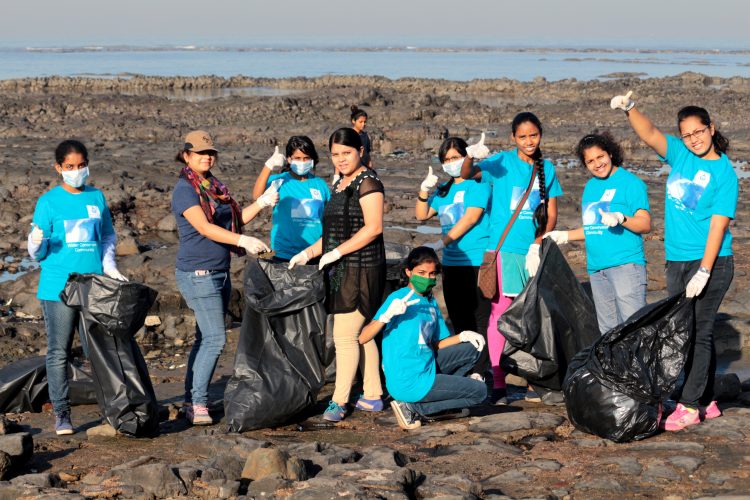How Much Water Is Too Much Water?
Last summer I was not shocked to hear that a ten-year-old boy drowned. Sadly, it happens all the time during warm weather months. Kids go swimming and find themselves in over their heads. However, this kid didn’t drown while he was swimming. In fact, he was nowhere near a pool, lake, ocean or swimming hole. He drowned at the hospital because he went swimming in a pool earlier that day and ingested too much water. Likewise, a thirty-something woman died a short time after participating in a radio station contest. The winner was the person who drank the most water.
People have always told me, “Drink more water. It’s good for you.” It is, but not in excess. That’s a lesson I learned the hard way. Several months ago I went to the hospital. I had trouble breathing and thought maybe I was having a heart or panic attack. Instead, my problem was too much water in my body. That explained why I was overweight and, despite constant dieting, couldn’t seem to keep the weight off when I was able to lose it. How much water was in my body? I was in the hospital for a week and after being given water reduction pills twice a day, I weighed almost forty pounds less than when I was admitted.
After that experience, I had to keep taking the water reduction pills and it was easier to diet and keep the weight off. The key was cutting back on salt. Salt (sodium) causes the body to retain water. Unfortunately, salt is in just about everything we eat, even sugar. The answer for me was a heart-healthy diet. I began using salt substitutes and eventually cut those out as well. The result was better than I expected. For the first time, I was able to enjoy the true taste of meat, chicken, and veggies. I was amazed and delighted.
After you have given up salt for a while you immediately taste it when you eat something that has been seasoned. That caused me to be extra careful when I purchased any sort of processed food. I learned a lot as well. It’s not just the usual suspects like hot dogs, bacon, pizza, and sausages that are loaded with sodium. Breakfast cereals, margarine, most beverages, some candy, many diet foods, sugar, condiment packets, frozen meals, canned soups, smoked meats and lunch meats from the deli counter all have too much salt unless they are available in low sodium forms.
Despite the need that doctors and dieticians feel to categorize people, we know our bodies better than anyone else. That’s why we have to decide how much or how little we eat or drink. The key is being honest with ourselves. To lose weight some people have to eat less, others have to eat a lot less. Eating too little triggers a starvation program in our body which makes it more difficult to lose weight, so that’s not an option. To lose water weight and excess fluid in our bodies we have to limit our sodium intake and be careful not to over hydrate ourselves.







